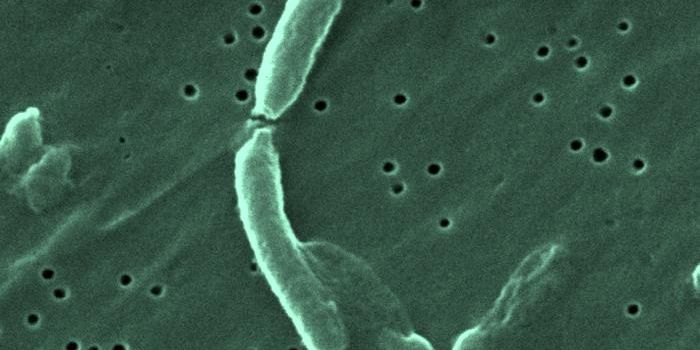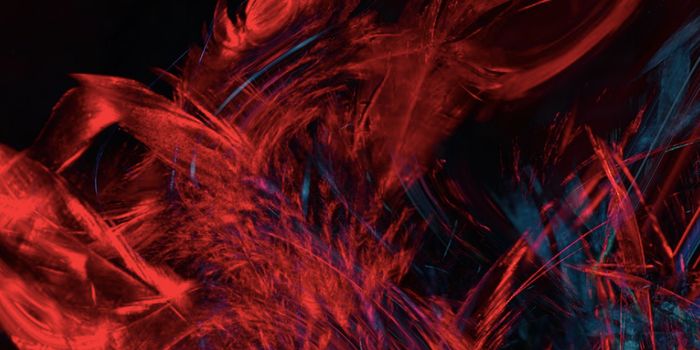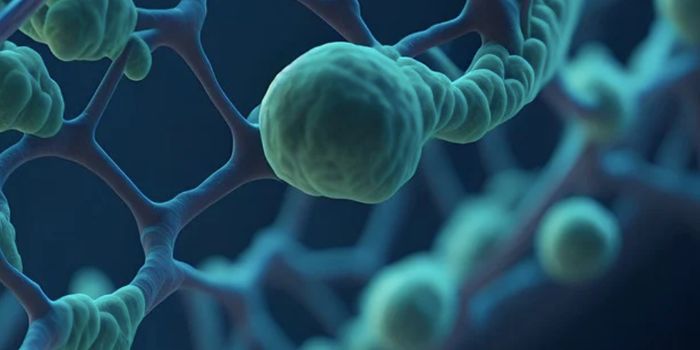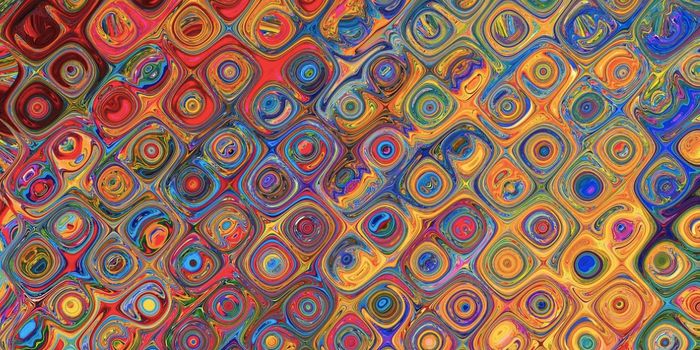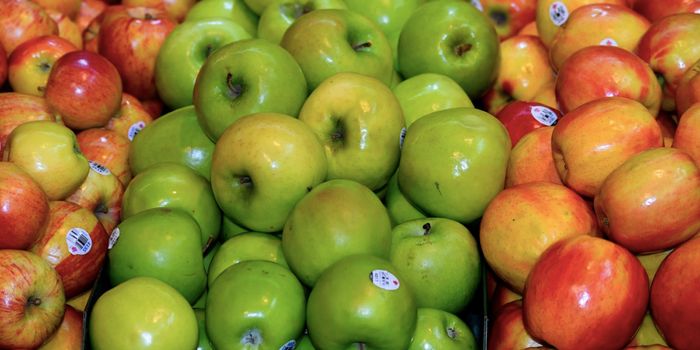Space Travel Significantly Changes Gene Expression in Immune Cells
When astronauts venture into space, they are exposed to cosmic radiation and significant alterations in gravity. In recent years, scientists have used cutting edge tools to explore the physiological impacts of space travel. This work has shown that astronauts seem to be more vulnerable to infection while in space. On the International Space Station (ISS), astronauts commonly get skin rashes and respiratory diseases, among other issues. Astronauts also shed more live particles of viruses that people are commonly infected with, like Epstein-Barr virus, varicella-zoster (the cause of chickenpox and shingles), herpes-simplex-1, and cytomegalovirus.
In new research reported in Frontiers in Immunology, investigators assessed gene expression in a type of immune cell called leukocytes, a white blood cell, in samples collected from three women and eleven men who lived on ISS for 4.5 to 6.5 months at some point from 2015 to 2019. The leukocytes were isolated from samples taken once before the individuals went to the ISS, four times while they were there, and five times after they had returned to Earth.
The investigators determined that in leukocytes, the expression of 15,410 genes had changed when the individuals went to the ISS. These differentially expressed genes fell into two clusters. In one cluster of 247 genes, expression dropped when astronauts went to space and came back up upon their return to Earth; these genes tended to be related to immunity. In the other cluster of 29 genes, the pattern was the opposite, and gene expression went up and then came back down; these genes were related to cell function and structure.
The strength of astronauts' immune systems appears to weaken rapidly when they get to space. However, gene expression does appear to recover when astronauts come back; most genes had returned to pre-flight levels within one year of their return to Earth, and sometimes far sooner.
The study authors suggested that gene expression is changing because of fluid shift, in which blood plasma moved from the lower to upper portions of the body during exposure to microgravity. The fluid in the lymphatic system is also affected. About ten to fifteen percent of plasma volume is reduced after a few days in space because of fluid shift. Other major physiological changes happen too, which includes changes in gene expression.
"The next question is how to apply our findings to guide the design of countermeasures that will prevent immune suppression while in space in particular for long-duration flight," said lead study author Dr. Odette Laneuville, an associate professor at the Department of Biology of the University of Ottawa.
During missions, astronaut health could benefit significantly if immune dysfunction and low levels of inflammation can be detected, added Laneuville. This would give them a chance to take action to prevent more severe symptoms from arising, which could be a major problem during longer missions.
Sources: Frontiers, Frontiers in Immunology



